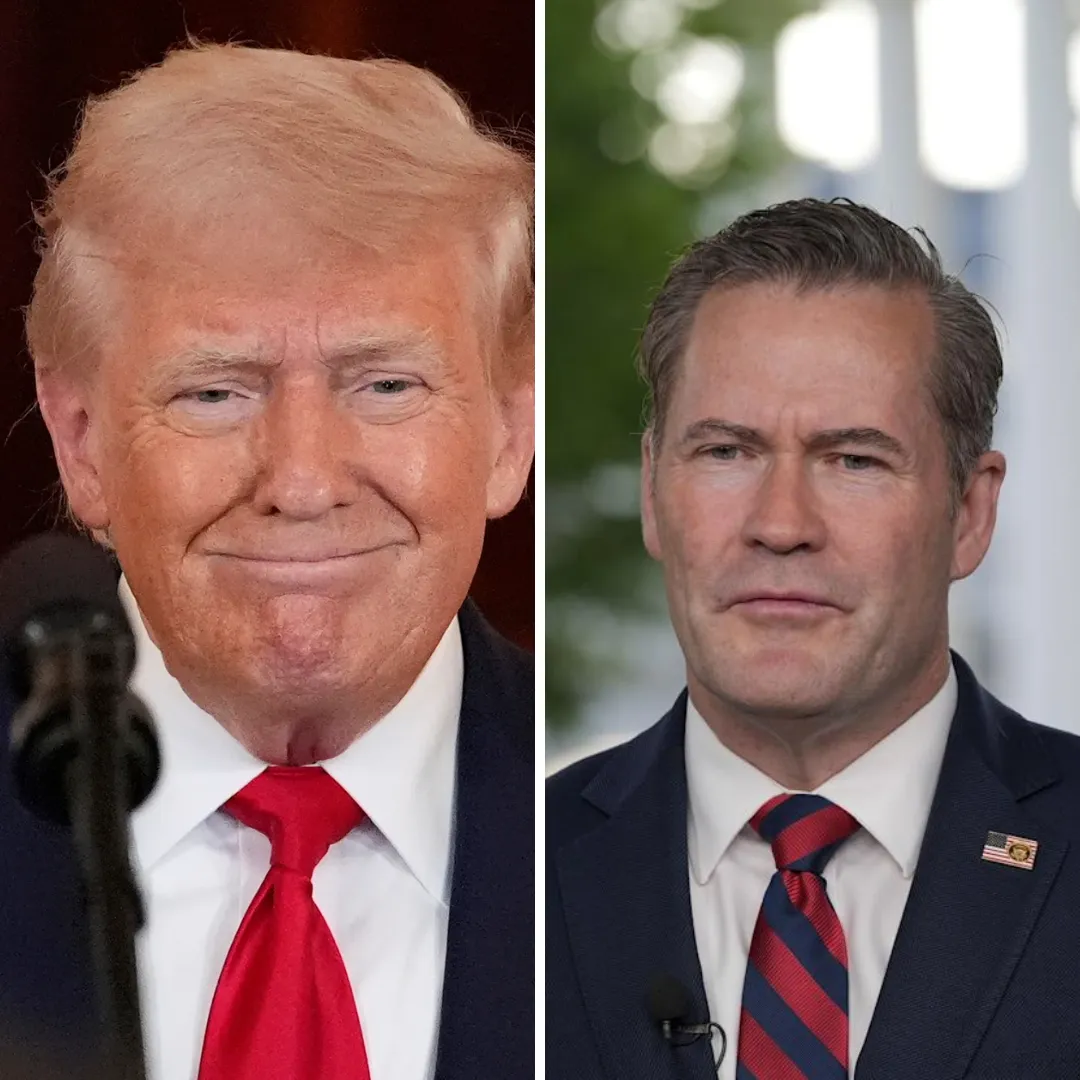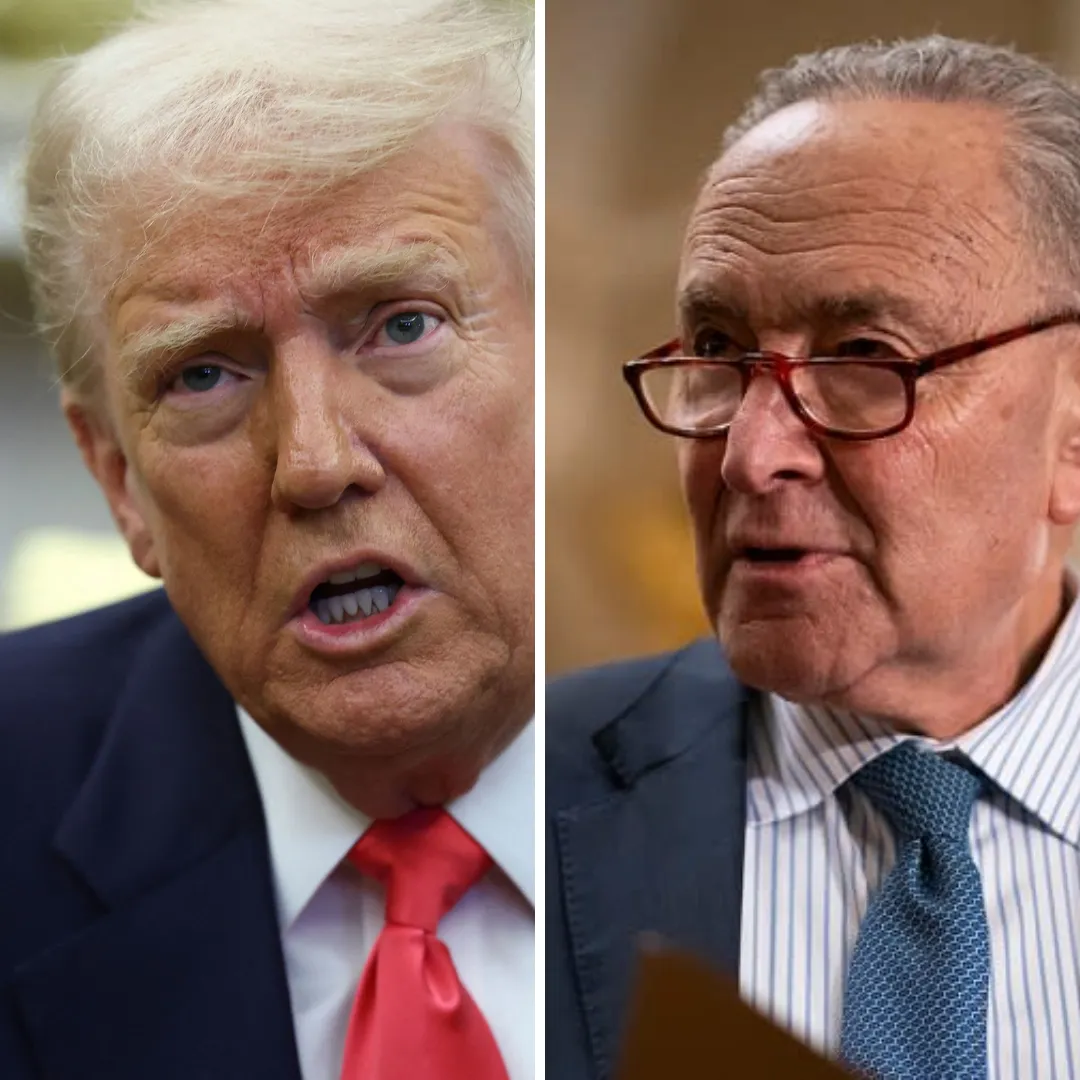
Former Health and Human Services Secretary Xavier Becerra responded sharply Friday to President Donald Trump’s newly released budget proposal, calling it not a plan for responsible governance but an outright “demolition plan” aimed at dismantling the country’s healthcare and medical research infrastructure.
The proposal, released that morning by the White House, seeks to cut $33.3 billion in discretionary spending from the Department of Health and Human Services, a reduction of roughly 26 percent.
It outlines a series of cuts to major public health agencies and research institutions, including a proposed $3.6 billion reduction for the Centers for Disease Control and Prevention (CDC), $18 billion for the National Institutes of Health (NIH), and $674 million from the Centers for Medicare and Medicaid Services Program Management.
Becerra, who served as HHS Secretary during the Biden administration and previously as California’s attorney general, posted his reaction online shortly after the budget was made public.
“This isn’t a budget proposal — it’s a demolition plan,” he wrote. “Slashing $33 billion in NIH funding and cratering public health research is an assault on our nation’s ability to prepare for and respond to disease, medical innovation and everyday care that millions of Americans rely on.”
The former secretary is currently running for governor of California and has leaned heavily into his track record at HHS, often contrasting his leadership with what he calls the ideological agenda now dominating federal health policy under Trump.
The cuts proposed in the 2026 budget reflect a significant departure from previous years, especially compared to the final budget crafted under the Biden administration. That budget had requested $130.7 billion in discretionary authority for HHS.
Congress ultimately approved $127 billion. Under Trump’s proposal, that number would fall to $93.8 billion—a dramatic rollback that many health experts say could have long-term consequences for the nation’s preparedness and healthcare innovation.

Of all the programs under the HHS umbrella, only one appears to receive an increase in discretionary funding under the proposed budget: the Make America Healthy Again Commission.
The commission, created by HHS Secretary Robert F. Kennedy Jr., would receive $500 million to promote what the administration describes as “traditional wellness initiatives.” Critics, including former officials, have accused the commission of promoting unproven therapies and fringe public health theories.
The budget proposal also includes specific language targeting programs that promote diversity, equity, and inclusion. In particular, it calls for eliminating funding for initiatives the administration describes as advancing “radical gender ideology.”
While the proposal does not specify which programs would be defunded, the broad wording has drawn concern from civil rights organizations and advocates for marginalized communities who rely on federal health support.
The response to the proposed budget has not been limited to Democrats. Senator Susan Collins of Maine, a Republican member of the Senate Appropriations Committee, voiced objections to parts of the proposal, particularly those related to energy assistance and biomedical research.
“I have serious concerns about the proposed cuts to the Low Income Home Energy Assistance Program,” Collins said in a statement. “This is a vital resource for families in my state during our long, cold winters. I am also troubled by the reductions proposed for NIH and other agencies supporting life-saving medical research.”
The Low Income Home Energy Assistance Program, or LIHEAP, is administered under HHS and helps households afford their heating and cooling bills. It is considered especially critical in northern states like Maine, where winter utility costs can be prohibitive for low-income families and the elderly.
The NIH, meanwhile, is one of the world’s leading institutions for medical research and has played a critical role in vaccine development, cancer treatment, and mental health studies. The proposed $18 billion cut would represent one of the largest single-year reductions in its history.

Becerra and other former Biden-era officials argue that the proposed budget is not only harmful to public health, but also fiscally shortsighted. They point out that investments in disease prevention and health infrastructure can yield long-term savings by reducing the need for emergency care and by detecting serious health problems earlier.
Public health experts have also raised red flags, warning that cuts of this magnitude could severely impair the country’s ability to respond to future pandemics, manage chronic disease, and support biomedical innovation.
One expert in epidemiology at a major university said the cuts to CDC funding alone could lead to the elimination of key disease tracking systems and delay the agency’s response to outbreaks of emerging infectious diseases. “You don’t get better public health outcomes by cutting the institutions responsible for them,” the expert said.
Becerra, who often clashed with Trump during his time as California attorney general, has been outspoken in his belief that healthcare should be treated as a public good rather than a privilege. He is campaigning for California’s governorship on a platform that includes expanded access to care, lower prescription drug costs, and increased investment in public health.
“The contrast couldn’t be clearer,” Becerra said during a campaign stop earlier this week. “While I was at HHS, we fought to bring coverage to more people, invest in science, and prepare for the next health emergency. Now we have a budget that tears all of that down.”
The administration’s defenders argue that the cuts are part of a broader effort to reduce the size of the federal government and return more decision-making power to the states. They also claim the reductions will help reduce the national deficit and create room for more targeted investments in areas like defense and homeland security.
Under the new budget, defense spending would rise significantly, while immigration enforcement and border security would receive $175 billion in funding—a figure that dwarfs the HHS discretionary budget.
Still, even among Republicans, there is debate over whether the cuts go too far. Some lawmakers, particularly those from states with large healthcare and research sectors, are expected to resist efforts to gut NIH and CDC budgets.

As the budget proposal moves to Congress, the real battle over funding priorities will begin. Lawmakers on both sides of the aisle will likely propose amendments, attempt to restore certain cuts, or seek compromises in committee. The outcome of those negotiations will determine how much of the administration’s proposal becomes reality—and how much is reshaped by the legislative process.
For now, the proposal has ignited a heated debate that touches on public health, economic responsibility, and the role of government in protecting its citizens. To Becerra and many others, the message is simple.
“This is not leadership,” he said. “It’s abandonment.”



